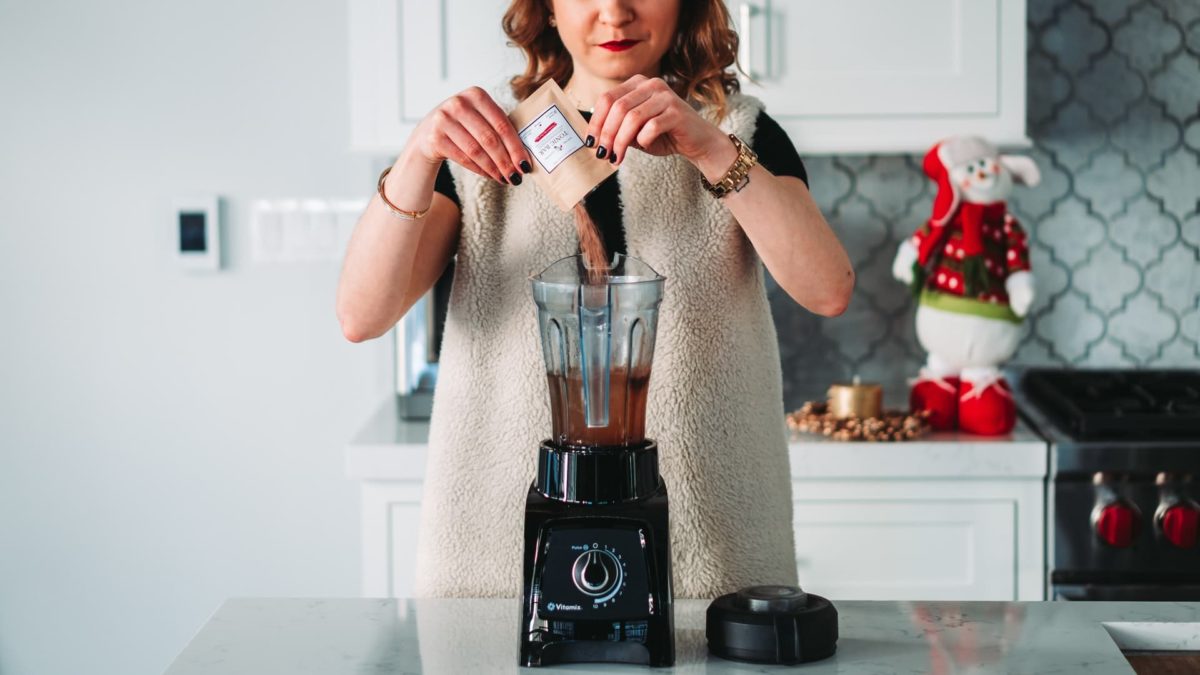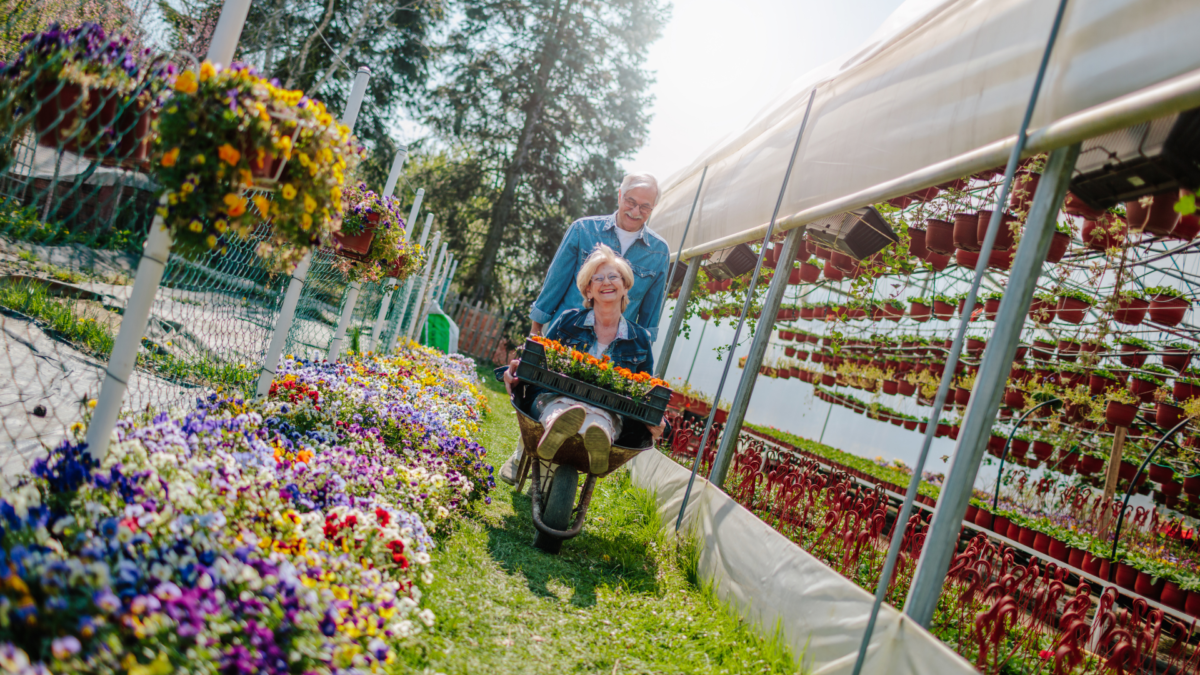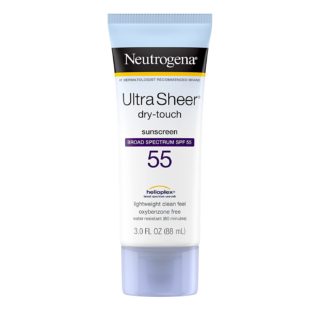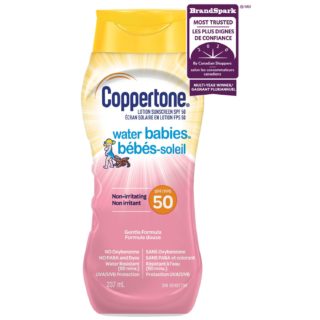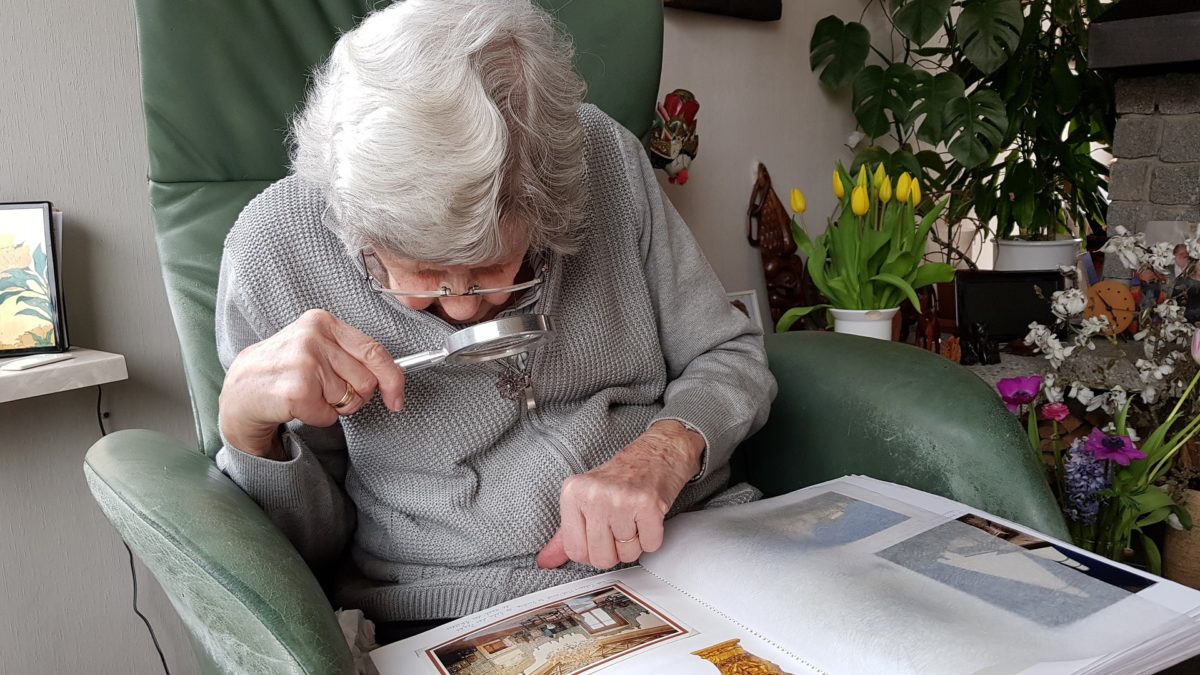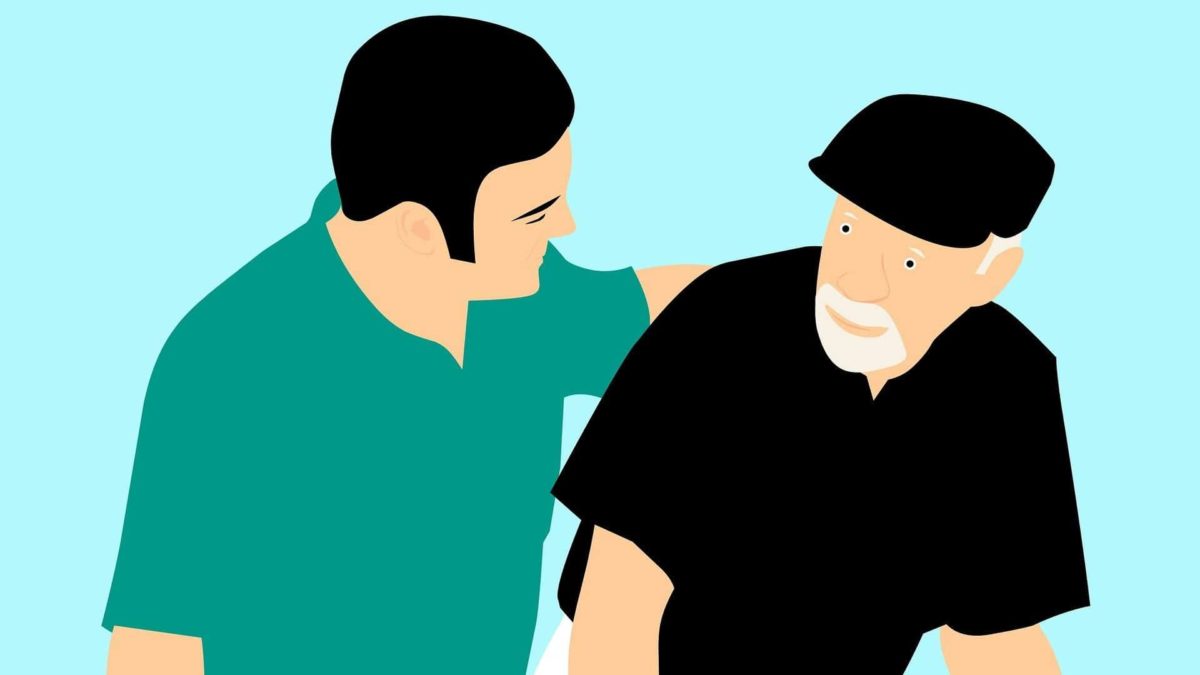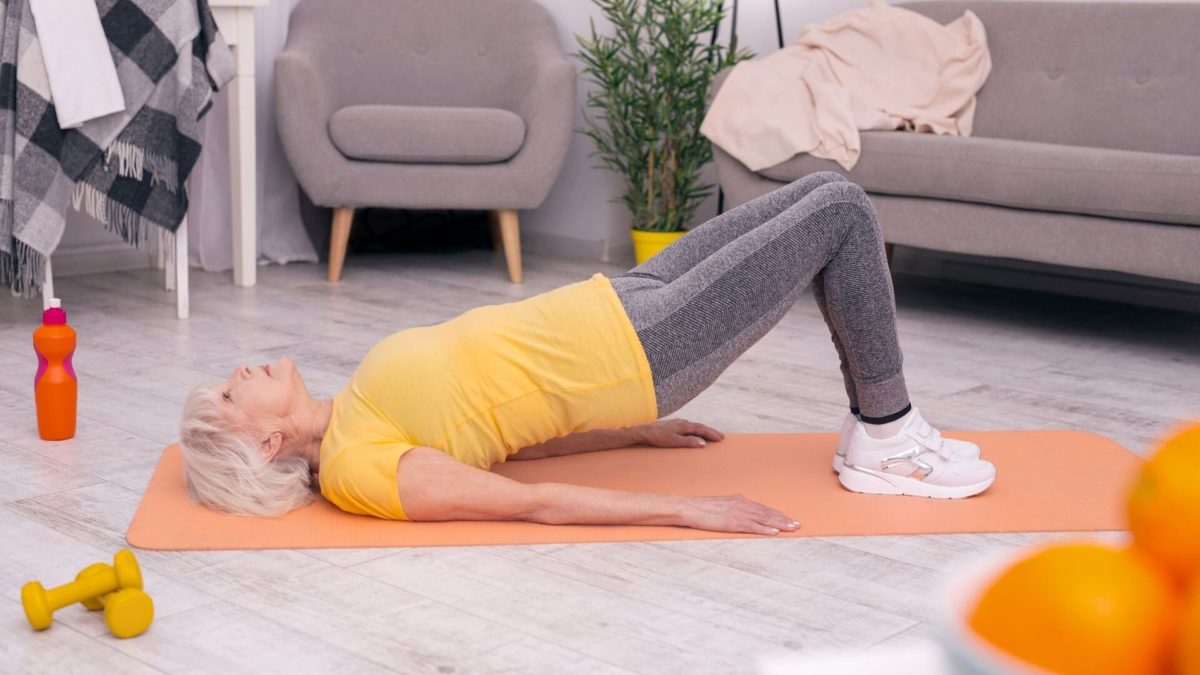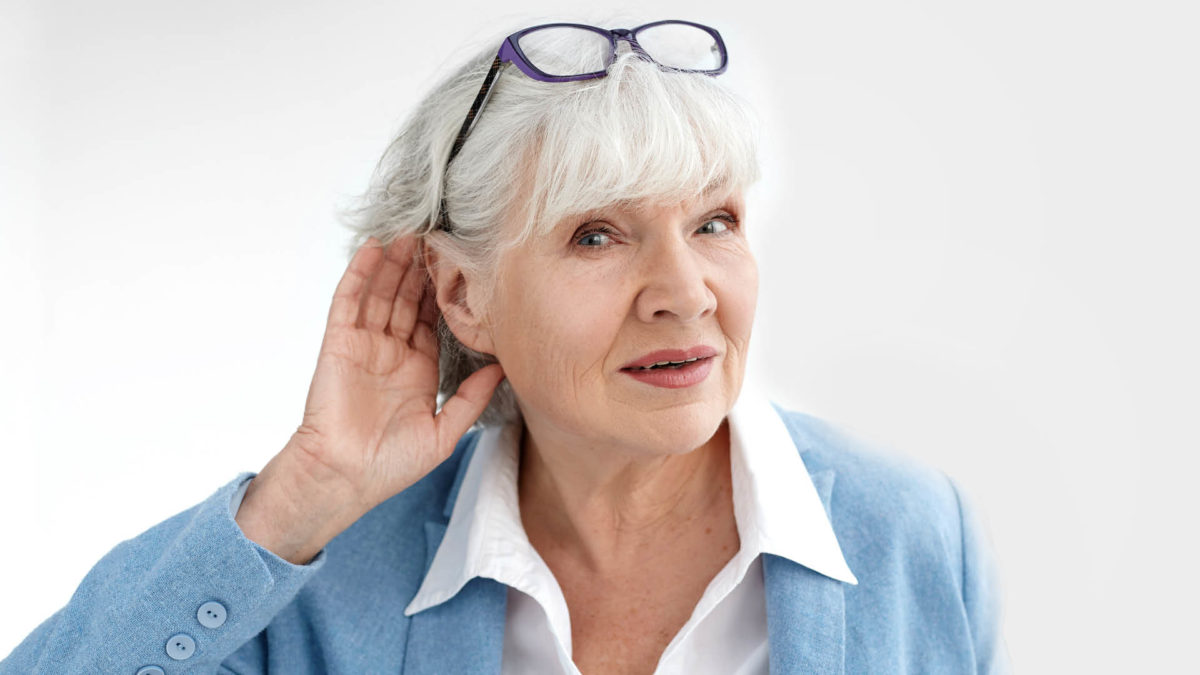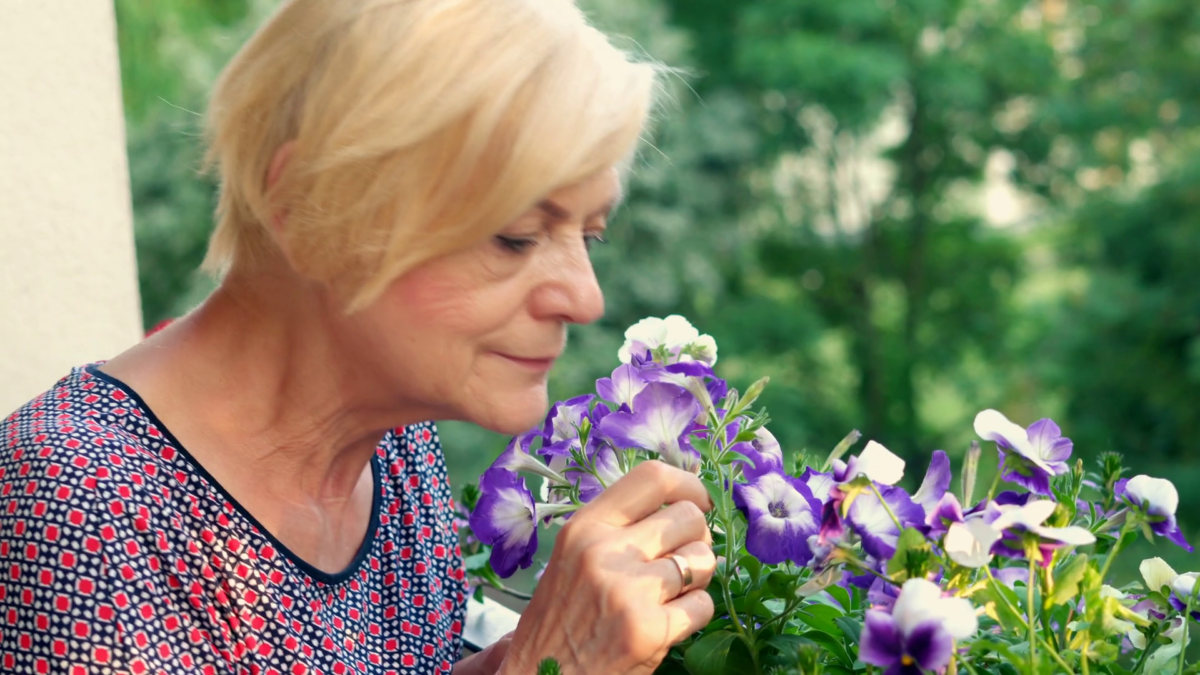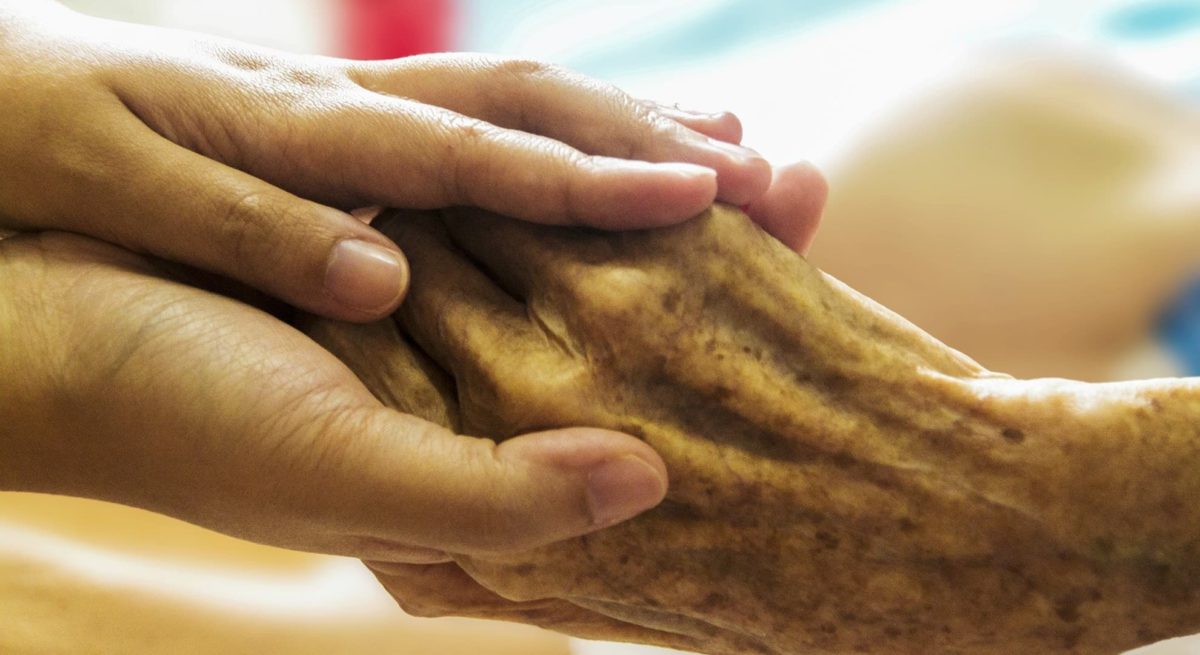As Johnny’s mother’s dementia got worse, he began to worry about himself. His grandma had Alzheimer’s years before she passed away, and now his mom has it.
Johnny has heard before that dementia could be hereditary, and now he kind of believes it. Although taking good care of his mom is now his firstpriority, Johnny thinks that he needs to find a way to prevent, or at least slow down, the progress of developing dementia. Is this actually something that could be achieved, or is it just wishful thinking? Today we’ll find out.
Is Dementia Preventable?
Although there is no clear evidence that dementia can be prevented in all cases, researchers found that a healthy lifestyle could significantly lower the risk of dementia as we age.
Two of the most common types of dementia are Alzheimer’s Disease and Vascular Dementia. It has been shown that having a healthy lifestyle can decrease some risk factors of developing dementia.
Risk Factors of Dementia
Before we talk about the risk factors, there’s one thing you should know: risk factors are not the direct causes of a disease, rather, they present as the possible reasons that increase the chance of developing the disease.
Below, we have listed several risk factors that were demonstrated to increase the likelihood of developing dementia:
-
Age
The very first rist factor is obviously aging. As we age, we are more likely to suffer from dementia, even though it is not a normal part of the aging process.
The strongest known risk factor for dementia, on the other hand, is advanced age. Alzheimer’s disease affects one in every twenty Canadians over the age of 65. Individuals younger than 65 are not immune to developing dementia.
It’s called “early-onset dementia” for a reason.
-
Sex
Believe it or not, sex is another prominent risk factor for causing the disease, and women are more likely than men to develop Alzheimer’s disease.
A number of factors, including longer lifespans for women and fluctuations in estrogen levels throughout the course of a woman’s life, have been linked to this phenomenon.
-
Genetics
There are at least 20 genes that may enhance the chance of Alzheimer’s disease, according to researchers.
PSEN1, PSEN2, and APP (the three types of genes) are all known to play a role in the development of Alzheimer’s disease, and familial Alzheimer’s disease generally develops before the age of 65 in those who have one of these gene mutations.
There is a 50% risk that a kid will be born with one of these genes if their parents are carriers. However, the other genes connected with Alzheimer’s disease enhance the risk but do not guarantee that the condition will occur.
-
High Blood Pressure
Dementia is more likely to occur in middle-aged people with high blood pressure (hypertension) than in those with normal blood pressure. Because of its effect on the heart, arteries, and blood circulation, high blood pressure can raise your chances of developing dementia, particularly vascular dementia.
-
Smoking
Smokers are more likely to develop dementia than non-smokers or ex-smokers. According to the data from a 2019’s study, current smokers are 30% more likely to develop dementia in general, and 40% more likely to develop Alzheimer’s disease. Also, a longitudinal study found that smoking habits causes a decline in memory, cognitive function, and attention ability.
-
Diabetes
Alzheimer’s disease and vascular dementia are more common in people with mid-life type 2 diabetes (ages 45 to 65).
-
Obesity
Middle-aged obesity (between the ages of 45 and 65) raises the risk of dementia. A person’s risk of having type 2 diabetes is increased by obesity, which increases the chance of developing dementia, as we explained previously.
-
Traumatic Brain Injury (TBI)
Researchers have found that traumatic brain injury has a moderate to severe correlation with dementia. The disease usually starts years after the patient’s original TBI. TBI could be linked to memory loss, decrease in concentration, incapability in communication, and even personality change.
-
Malnutrition
Many diseases, including cardiovascular disease, can be exacerbated by a diet heavy in saturated fat, sugar, and salt. See our blog post on “Senior Nutrition Guide” to learn more.
-
Alcohol
Heavy alcohol consumption (more than 14 drinks per week for women and more than 21 drinks per week for men) raises the risk of dementia.
-
Depression
People who suffer from depression in their middle or later years are more likely to suffer from dementia.
However, even though dementia and depression may be linked, it has yet to be proven. There are conflicting views on whether depression is a risk factor for dementia or even an early indication of the illness.
-
Loss of Hearing
Dementia and cognitive decline can occur even at low degrees of hearing loss. Hearing loss can lead to social isolation, diminished self-confidence, and difficulty doing daily tasks. However, the specific impact on cognitive decline is still unknown. In our previous blog post, we have explained how to take care of a family member with hearing loss , which we hope can inspire you if you are in the situation.
-
Senior Isolation
Hypertension, heart disease, depression, and dementia are all made more likely by a person’s lack of social interaction. Senior isolation is a serious issue that occurs in many elderly people. If you or your loved one is suspected of experiencing loneliness and isolation, check out our blog post on “Senior Isolation” to find out how to avoid that.
After reviewing a number of risk factors, you may now know that dementia is highly related to certain diseases such as diabetes, or stroke. In that, lowering the risk of getting dementia is still possible.
How to Lower the Risk of Developing Dementia
Albeit more studies are needed to be done before researchers know specific means to prevent dementia, there are still some steps we can do to promote our general health and lower the risk of many related diseases.
-
Quit Smoking
Smokers are more likely to develop many chronic diseases, and dementia could be one of the consequences. Quitting smoking can be a difficult process, but the end result is worth all the effort. Find support from friends and family; success will be difficult if you walk this road alone.
-
Manage Health Problems Including Diabetes, High Blood Pressure, and High Cholesterol
Contrel and monitor your blood pressure, cholesterol, and blood sugar level. Eat a well-balanced diet, such as the Mediterranean diet that’s rich in vegetables, fruits, and lean protein. Make sure to include particular protein sources that contain omega-3 fatty acids in your diet.
-
Be Physically and Socially Active
Being physically and socially active could not only help you to manage your weight, but also keep senior isolation at bay. Try to do some aerobic exercises that could raise your heart rate but won’t harm your joints. Enjoying these activities with others could make the process much less boring!
-
Practice Cognitive Skills
Another way to maintain your brain health is to constantly stimulate it. You can try to learn some new skills or new languages. It is also helpful to play some games that require some brain power.
-
Avoid Head Injury
Always be careful when walking or jogging. Wear comfortable shoes and use the anti-slip mats in areas you constantly use. If you are an aging adult, always use railings in stairwells and wear a helmet when doing sports if necessary.
-
Limit Alcohol Consumption
Try to eliminate alcohol as much as possible in your diet. If it is too hard for you to quit, try to limit your alcohol intake to a certain amount, which means 350ml for beer, and 148ml for wine each day.
References:
https://stanfordhealthcare.org/medical-conditions/brain-and-nerves/dementia/prevention.html


